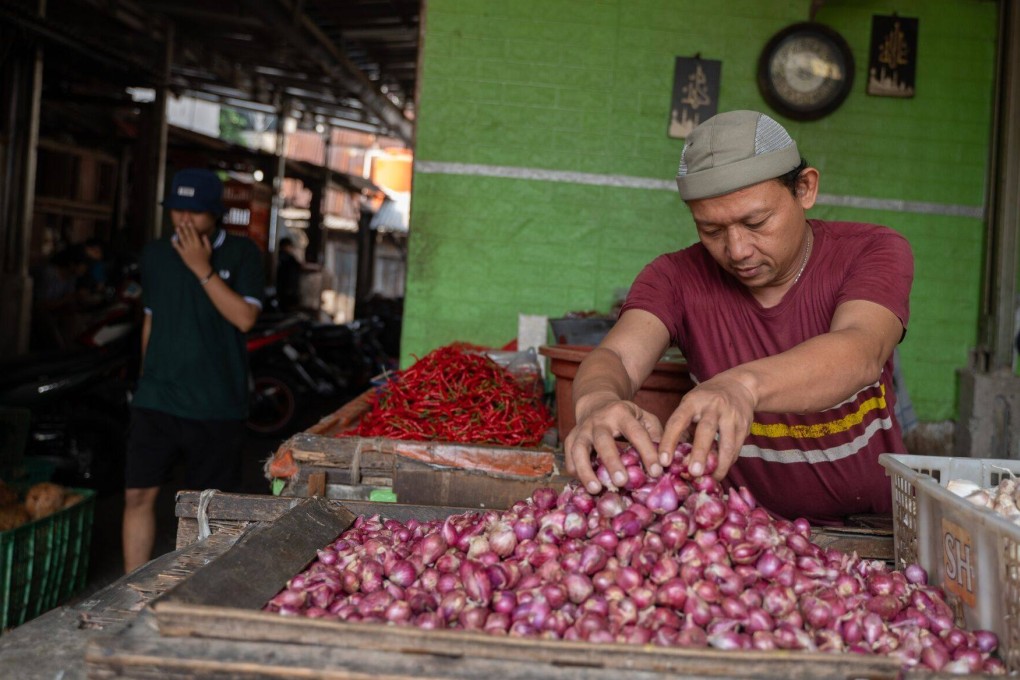Opinion | Australia and New Zealand key to ensuring Asean’s food security
- The challenges facing East and Southeast Asian nations’ food security efforts require looking farther south for lasting solutions

During a recent Asean-Australia post-ministerial conference in Vientiane, Laos, Indonesia’s Foreign Minister Retno Marsudi highlighted the critical role partners such as Australia must play in easing the region’s food insecurity.
Boosting domestic agricultural production seems like the obvious answer. Yet the severity of challenges that countries face, such as land and water constraints, cannot be solved overnight. Instead, a regional approach is needed.
Some steps have already been taken. Notably, the Asean Plus Three Emergency Rice Reserve with China, Japan, and South Korea provides a collective rice reserve for use in emergencies or natural disasters. However, the current environment shows that stronger measures which draw on leading food-producing partners such as Australia are needed.

